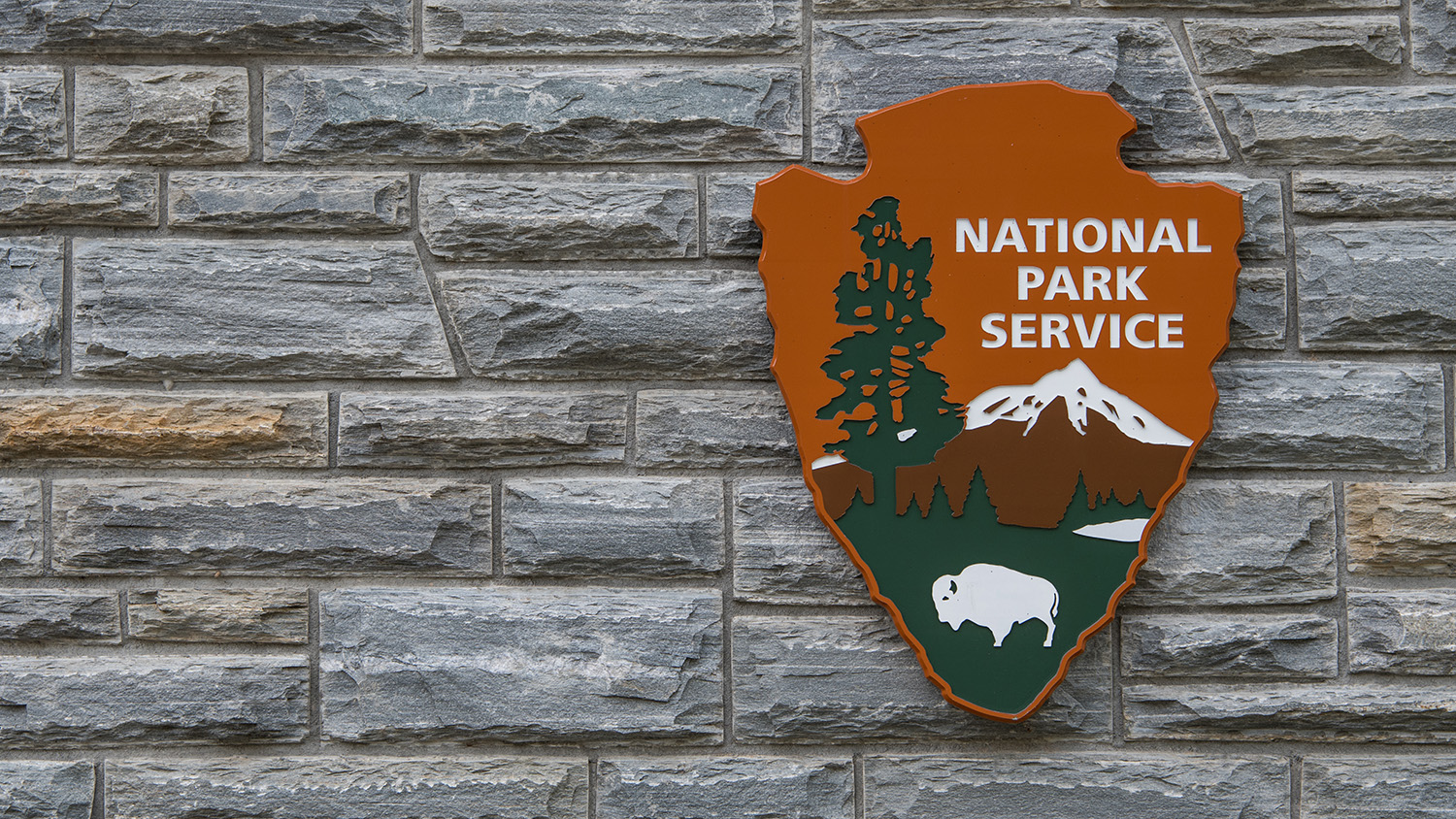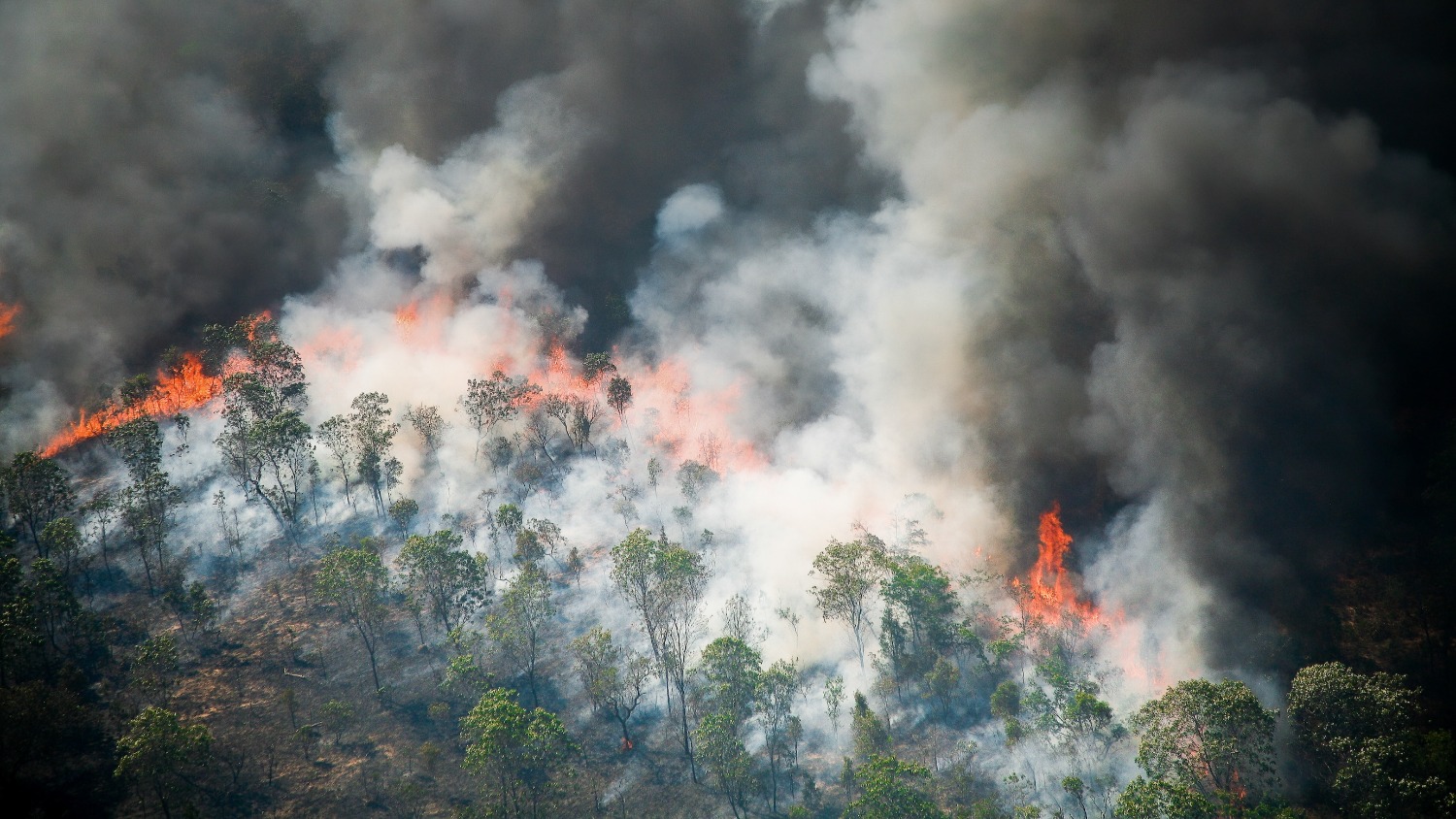How to Become a Park Ranger

Students interested in how to become a park ranger should be comfortable working with people, care about nature and enjoy working outdoors every day. With duties that can vary significantly, the core responsibility of a park ranger is to manage and protect our state and national parks as well as the natural environments, wildlife and visitors within them. In addition to working in national and state parks, park rangers work at national monuments, historic sites and trails, battlefields, and even the White House.
What Does a Park Ranger Do?
Depending on a park ranger’s specific position, duties can range from law enforcement to fire and land management to environmental, historical and cultural education. Rangers welcome visitors to parks, patrol campgrounds, trails and surrounding areas, enforce fire and safety code, conduct tours and education programs, and support search-and-rescue missions for missing hikers. Within the parks, rangers are looked to as experts and leaders, often responsible for guiding others and keeping visitors safe. Other duties include ground maintenance, permit sales, equipment rentals, fee collection and administrative paperwork.
How to Become a Park Ranger
Park ranger job postings often require applicants to complete a four-year degree in a related field, such as environmental science; forestry; fisheries, wildlife and conservation biology; or parks, recreation and tourism management, as well an internship or work experience at a local, state or national park.
At NC State University’s College of Natural Resources, we offer undergraduate degree programs in all of the related fields for becoming a park ranger. To learn more about our majors, click on the pages listed below:
- Environmental Sciences degree
- Forest Management degree
- Fisheries, Wildlife and Conservation Biology degree
- Parks, Recreation and Tourism Management degree
All of our degree programs require students to complete an internship or co-op before graduation giving them the experience they need to get a job. Our dedicated faculty and staff help students find hands-on opportunities when researching how to become a park ranger.
For graduate students or working professionals interested in how to become a park ranger, we offer an online master’s degree program in Parks, Recreation, Tourism and Sport Management.
How Our Alumni Became Park Rangers — and How You Can Too
Alumni from our undergraduate and graduate degree programs go on to have successful careers as park rangers and in fields related to becoming a park ranger. Check out some of their stories below:
- Meet Jessica Phillips, a Ranger at William B. Umstead State Park in Raleigh, N.C.
- Meet Joseph Shimel, a Park Superintendent at New River State Park in Ashe County, N.C.
Courses That Provide Job Related Skills
Courses in wildlife, forestry, recreation and tourism give students applicable skills and prepare them to become a park ranger. Some of the courses you might take might include:
- Introduction to Parks, Recreation and Tourism
Gain an introduction to the professional field of recreation through the basic principles, fundamentals and concepts of recreation as it relates to such factors as recreation history and objectives, sociological and economic aspects of recreation, leadership qualities and facility provision; and settings for organized recreation in modern society. - Human Behavior in Outdoor Settings
Develop an understanding of outdoor recreation behavior in natural resource-oriented areas such as national parks, national forests, greenways, and other public outdoor spaces. Emphasis is on the nature of resource-based recreation experiences, influencing factors, and implications of this behavior for management. Topics include: approaches to understanding recreation behavior, motivations, benefits, satisfaction, crowding, conflict, social group influences, recreation specialization, substitutability, choice behavior, and management applications. - Forest Wildlife
Explore the diversity of fauna that inhabits forest communities in the Piedmont of North Carolina. Learn to inventory terrestrial and aquatic habitats and identify various vertebrate and invertebrate species. Conduct insect collection, and gain an understating of the life histories of representative species presented. - Urban and Community Forestry
Learn about the interdisciplinary study of urban forestry and greenspaces through a review of urban forest history, distribution and ownership patterns, urban ecology and ecosystems, benefits and uses of urban forests, vegetation establishment and maintenance, urban planning and policy, community interactions, and urban forestry implementation. - Forest Management
Learn the fundamental principles and analytical techniques necessary in the planning, management and optimization of forest operations. Gain an understanding of formulation of objectives and constraints, yield forecasting, forest regulation, procurement and marketing, inventory methods, and management plan preparation. - Environmental Impacts of Recreation and Tourism
Understand the environmental impacts of recreation and tourism and different methods for assessing and managing such impacts. Students examine the scientific and management literature and application of impact assessment techniques.
Helpful Information About How to Become a Park Ranger
- Work with the National Park Service
- National Park Service How to Apply Information
- National Park Service Jobs for Students
- Jobs with North Carolina State Parks
- Careers with Virginia State Parks
- Jobs with California Department of Parks and Recreation
- Become a Law Enforcement Ranger
- How to Become a National Park Ranger
- Association of National Park Rangers
- What It’s Like To Be a National Park Ranger


